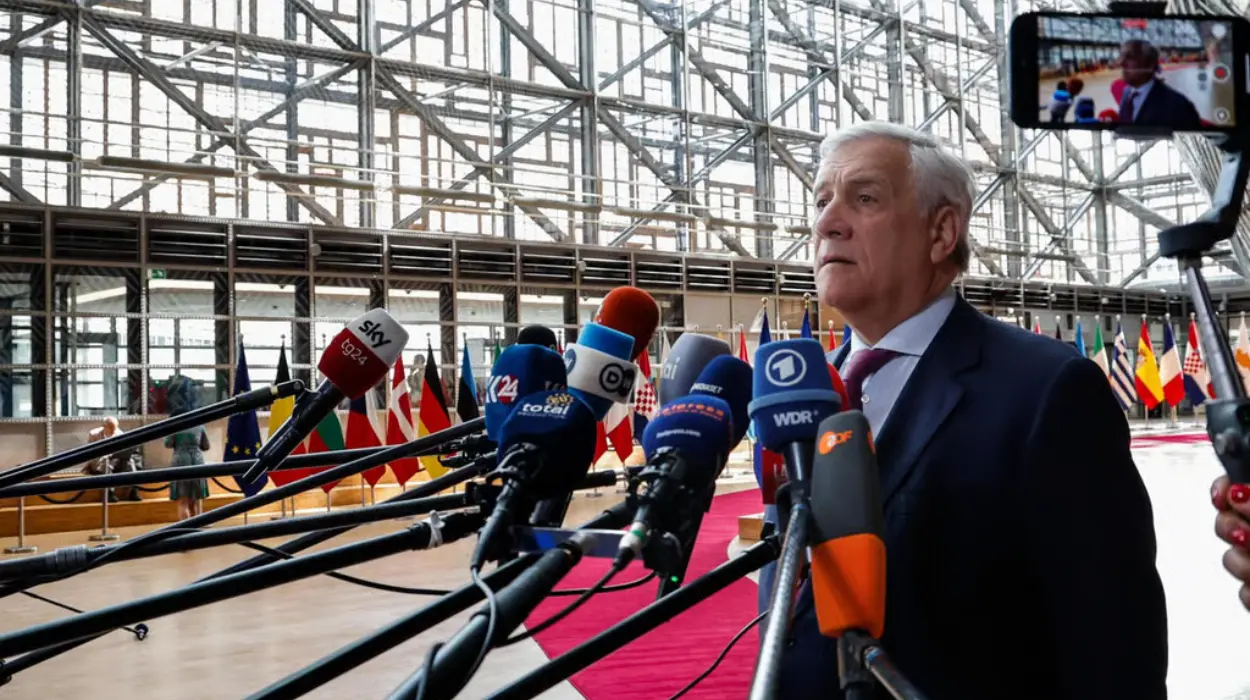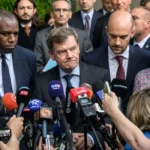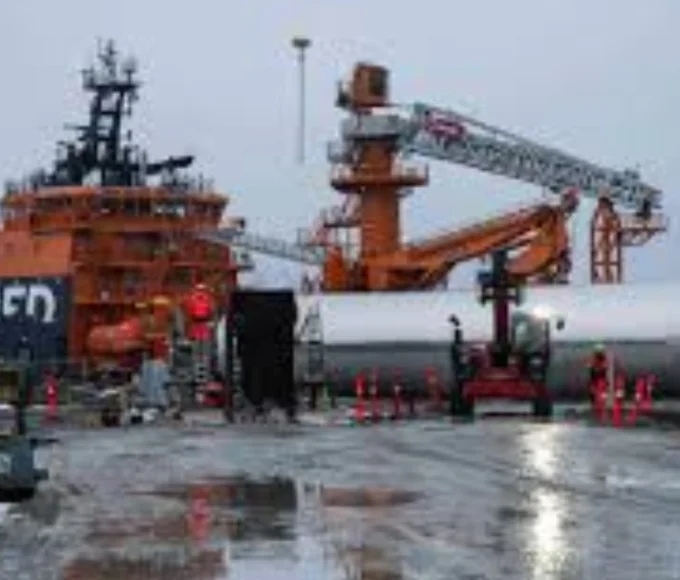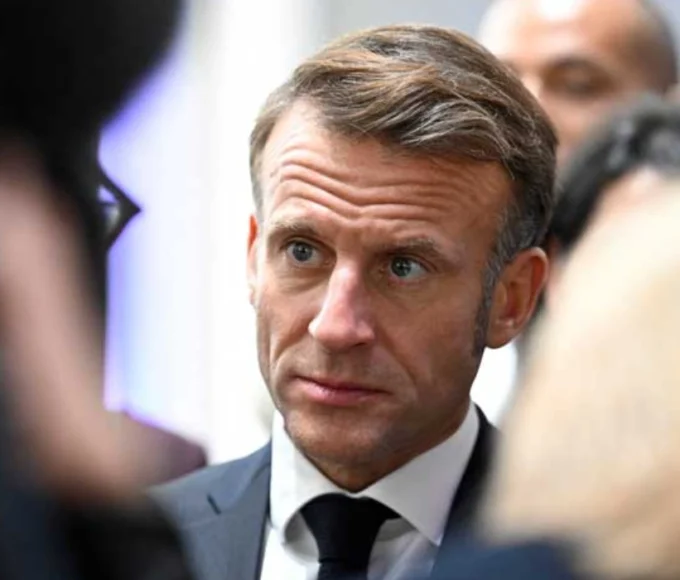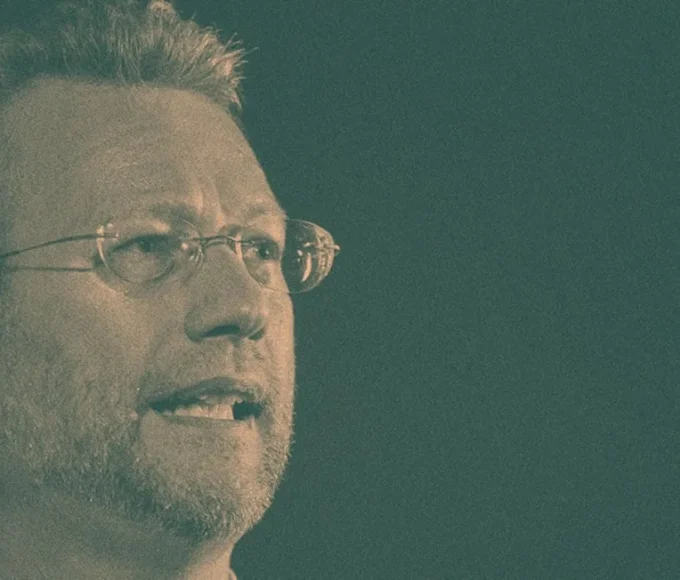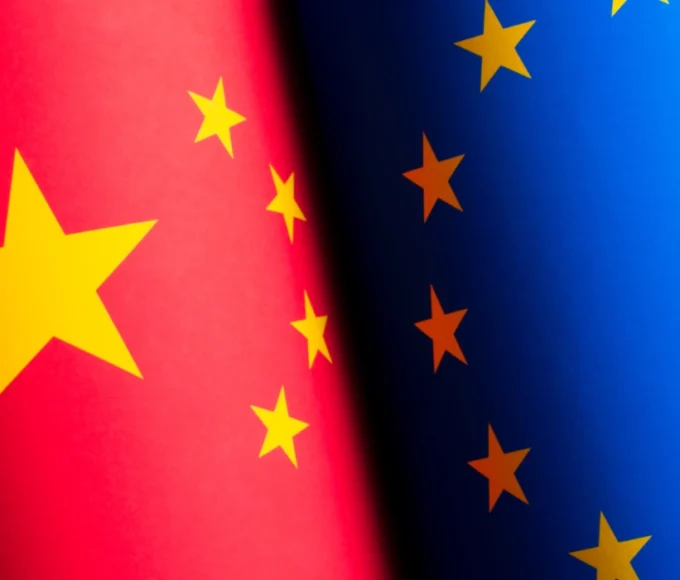The recent U.S. military strikes on key Iranian nuclear sites have escalated tensions in the Middle East, prompting urgent calls from European leaders for diplomatic solutions to prevent further conflict. The strikes targeted Iran’s Fordow, Natanz, and Isfahan nuclear facilities, with President Donald Trump declaring the sites “completely and totally obliterated.” This aggressive move has sparked a wave of global reactions, ranging from support by Israel and some Latin American leaders to condemnation and calls for restraint by European nations, the United Nations, and other international actors.
U.S. Strikes on Iranian Nuclear Facilities: Key Facts
On June 23, 2025, the United States launched coordinated strikes against three major Iranian nuclear sites: Fordow, Natanz, and Isfahan. These facilities are central to Iran’s nuclear enrichment program, which has long been a point of international contention. President Trump asserted that the strikes effectively destroyed Iran’s nuclear enrichment capabilities, a move aimed at preventing Iran from acquiring nuclear weapons.
The U.S. maintains a significant military presence in the Middle East, with approximately 40,000 troops deployed across 19 installations. Among these, eight have a permanent presence, including around 2,500 troops stationed in Iraq, a potential flashpoint for Iranian retaliation.
Global Reactions to the Strikes
Support from Israel and Latin America
Israeli Prime Minister Benjamin Netanyahu praised the U.S. strikes as a “courageous” and historic step to prevent Iran from obtaining dangerous weapons. Netanyahu’s support underscores Israel’s longstanding security concerns over Iran’s nuclear ambitions.
In Latin America, Argentina’s libertarian President Javier Milei and his spokesperson expressed approval, emphasizing a hard stance against terrorism. However, other Latin American governments, including Venezuela, Colombia, Chile, and Mexico, condemned the strikes, calling for peace and diplomacy.
European Leaders Call for Diplomacy and Restraint
European leaders swiftly responded with appeals for calm and renewed diplomatic efforts. French President Emmanuel Macron, German Chancellor Friedrich Merz, and UK Labour leader Keir Starmer jointly urged Iran not to escalate tensions and stressed the importance of diplomacy to avoid wider conflict.
European Commission President Ursula von der Leyen emphasized that diplomacy remains the only viable solution to prevent Iran from acquiring nuclear weapons. UK Prime Minister Keir Starmer echoed this sentiment, recognizing the threat posed by Iran’s nuclear program but advocating for negotiation over military action.
Other European voices, including Italy’s Foreign Minister Antonio Tajani and EU foreign policy chief Kaja Kallas, expressed hope that the strikes would lead to de-escalation and a return to talks. The Netherlands described the strikes as a dangerous escalation in an already volatile region.
United Nations and Global Calls for Peace
United Nations Secretary-General António Guterres expressed grave alarm at the strikes, warning of a potential “spiral of chaos” and calling for immediate de-escalation. The Vatican’s Pope Leo XIV appealed for peace and international diplomacy to “silence the weapons,” underscoring the global desire to avoid further conflict.
New Zealand’s Foreign Minister Winston Peters also urged all parties to return to negotiations, highlighting diplomacy as a more sustainable path than military confrontation.
Condemnation from Russia, Venezuela, and Iraq
Russia’s Foreign Ministry condemned the U.S. strikes as a violation of international law and U.N. resolutions. Dmitry Medvedev, former Russian president, suggested that some countries might respond by supplying Tehran with nuclear weapons, while downplaying the damage caused by the strikes.
Venezuela denounced the attacks as illegal and accused Israel of instigating the strikes. Iraq condemned the strikes as a grave threat to regional peace and security, calling for urgent diplomatic efforts to prevent escalation.
Iran’s Response and Regional Implications
Iran’s Deputy Foreign Minister Abbas Araghchi declared the U.S. strikes crossed a “major red line,” vowing to respond in self-defense. Tehran has hinted at possible retaliation targeting U.S. military bases in Iraq or disrupting key maritime routes, though such actions carry significant risks of broader conflict.
The strikes have complicated ongoing diplomatic efforts, with Iran expressing skepticism about the viability of negotiations after such aggressive military actions. European diplomats find themselves marginalized, as the U.S. and Israel’s hardline approach has overshadowed their calls for dialogue.
Analysis: The Path Forward Amid Rising Tensions
The U.S. strikes on Iran’s nuclear sites represent a significant escalation in Middle East tensions, with the potential to destabilize an already fragile region. European leaders and international organizations emphasize that only diplomacy can prevent a wider conflict, urging restraint from all parties.
The situation remains volatile, with multiple U.S. bases and Iranian-backed militias in the region that could trigger further hostilities. The international community faces the challenge of balancing pressure on Iran’s nuclear ambitions while avoiding actions that could spiral into open warfare.
The U.S. military strikes on Iranian nuclear facilities have triggered a complex web of international reactions, highlighting divisions between hardline support and calls for diplomacy. Europe’s unified plea for negotiation and restraint underscores the urgent need to de-escalate tensions and pursue peaceful solutions to the nuclear dispute. As the situation unfolds, the global community watches closely, hoping to avoid a broader conflict in the Middle East.


